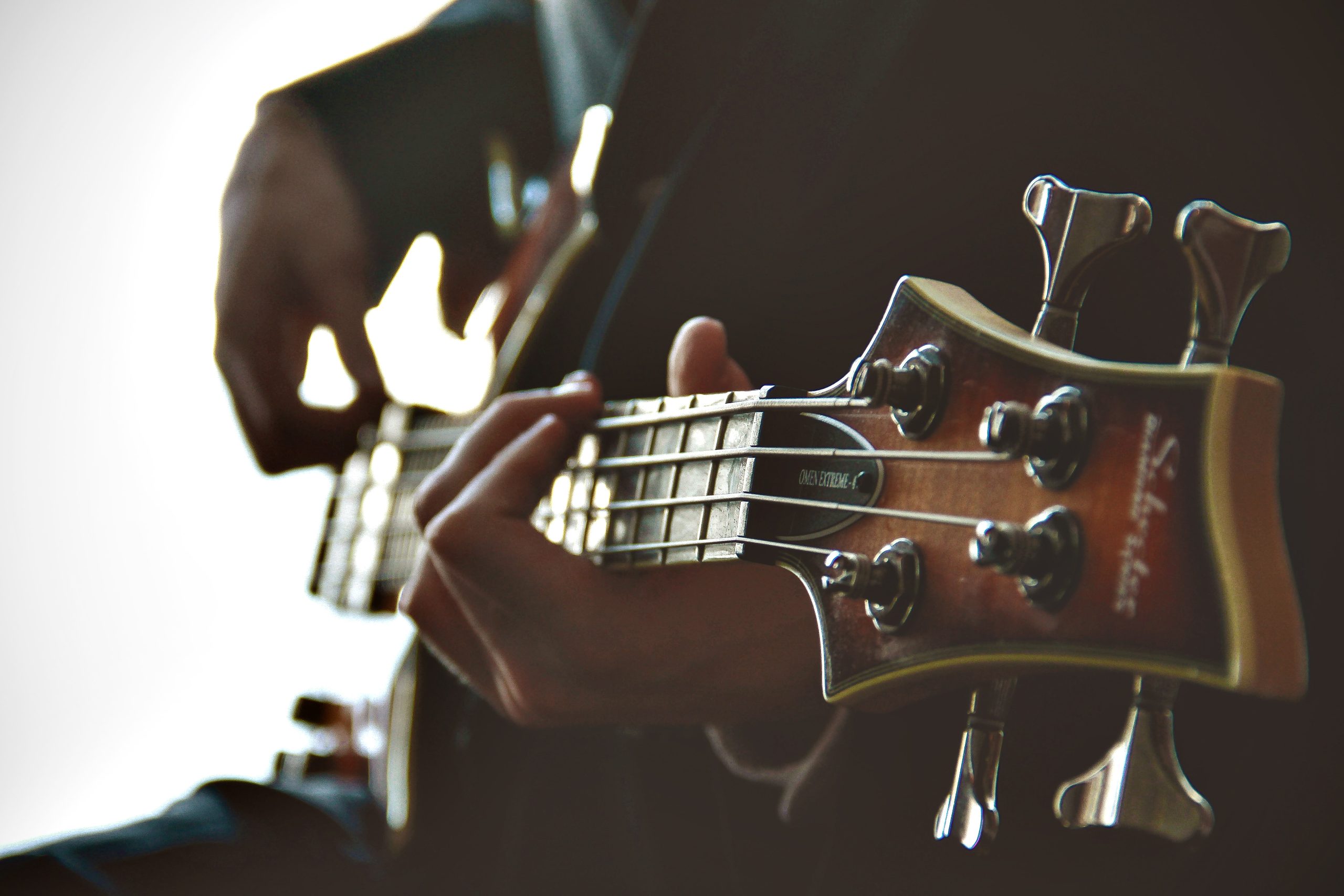There’s no doubting that there’s something special about the great guitar players and the average ones. But trying to identify what it is about this type of playing that makes it stand out may be difficult. In this Ayla Tesler-Mabe explains the secrets of your favourite guitar heroes, revealing such nuggets as how to improve your overall playing and what you can do to become a better player. These tips aren’t technical in nature; rather, they’re more theoretical guitar effects that anybody can learn from.
1. Vibrato
The first hack is one that many players regard as a lifetime goal. Vibrato is your instrument’s fingerprint and is one of the ways you may stand out from the crowd. Vibrato, which is more typically associated with electric guitars, benefits both acoustic and electric guitarists. This technique originates from the wrist and has a smooth, flowing sound when done correctly.
If you’re not sure where you should use vibrato in your playing, start with the end of a phrase. You may use vibrato to add emotion to whatever note you land on, no matter what note it is. If you want to try using vibrato in the middle of a lick, stay on that same note for a little longer. It’s completely up to you!

2. Bending
Bending is similar to vibrato in many ways, but it might be difficult to do properly. Many novice musicians will over-or under-bend a note, which can be off-putting. When it comes to enhancing your bending, accuracy is the most important skill to develop. Check your reference pitch between each bend to make sure they match up; this will aid in connecting your ears and muscles together and should help you forget about it! Be persistent with this technique, don’t give up, and have fun doing it.
3. Space
Let’s dig into the more theoretical methods to enhance your guitar playing. When we talk about space, we’re talking about the time between each note you play. This silence may be just as influential as the notes themselves and is an excellent method to build up excitement for what is to come.
This is a great exercise to work on while imaging that you’re speaking and the guitar is your voice. Play some notes as you breathe out, then stop when you breathe in. As you get better, you’ll realize how crucial it is to pay attention to the music that surrounds you, whether it’s a backing track or other players.
4. Pocket
When we speak about “pocket,” we’re talking about the guitar’s rhythmic aspect. It has a significant influence on how your music is perceived by the listener. It’s not only a question of being on time; it’s also about having a good groove in time. It’s all about paying attention and listening to what else is going on around you.

5. Emotional Intention
The most idea-based of all the ideas presented in this lesson is our final guitar hack. Great guitarists keep their emotional purpose at the forefront of their minds so that it influences every song they create. The meaning of music is subjective, but it has the capacity to convey feeling and emotion in a way that goes beyond other media. The greatest songs seem to have this ability.



